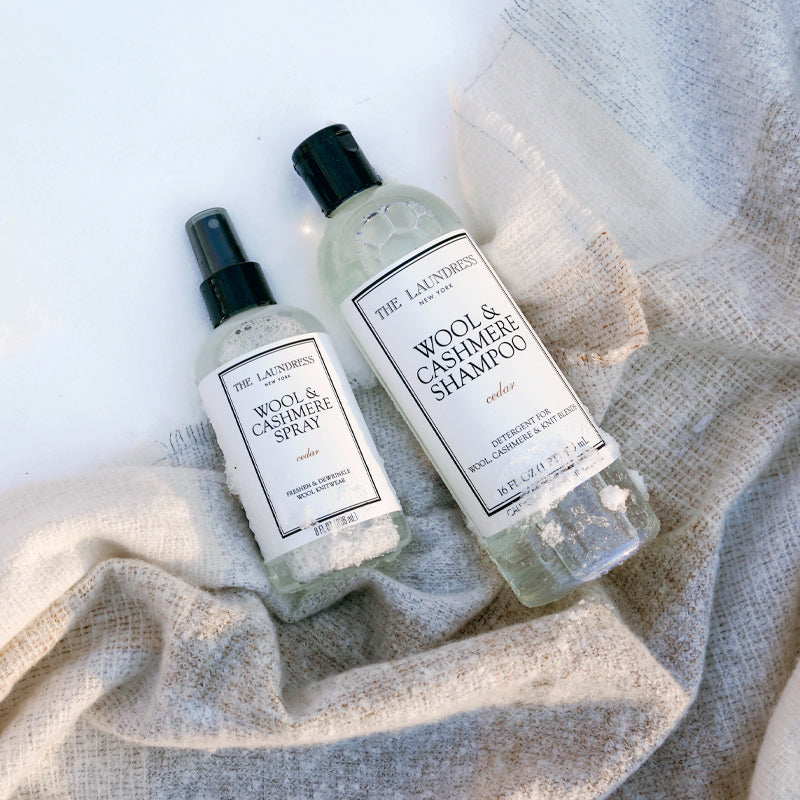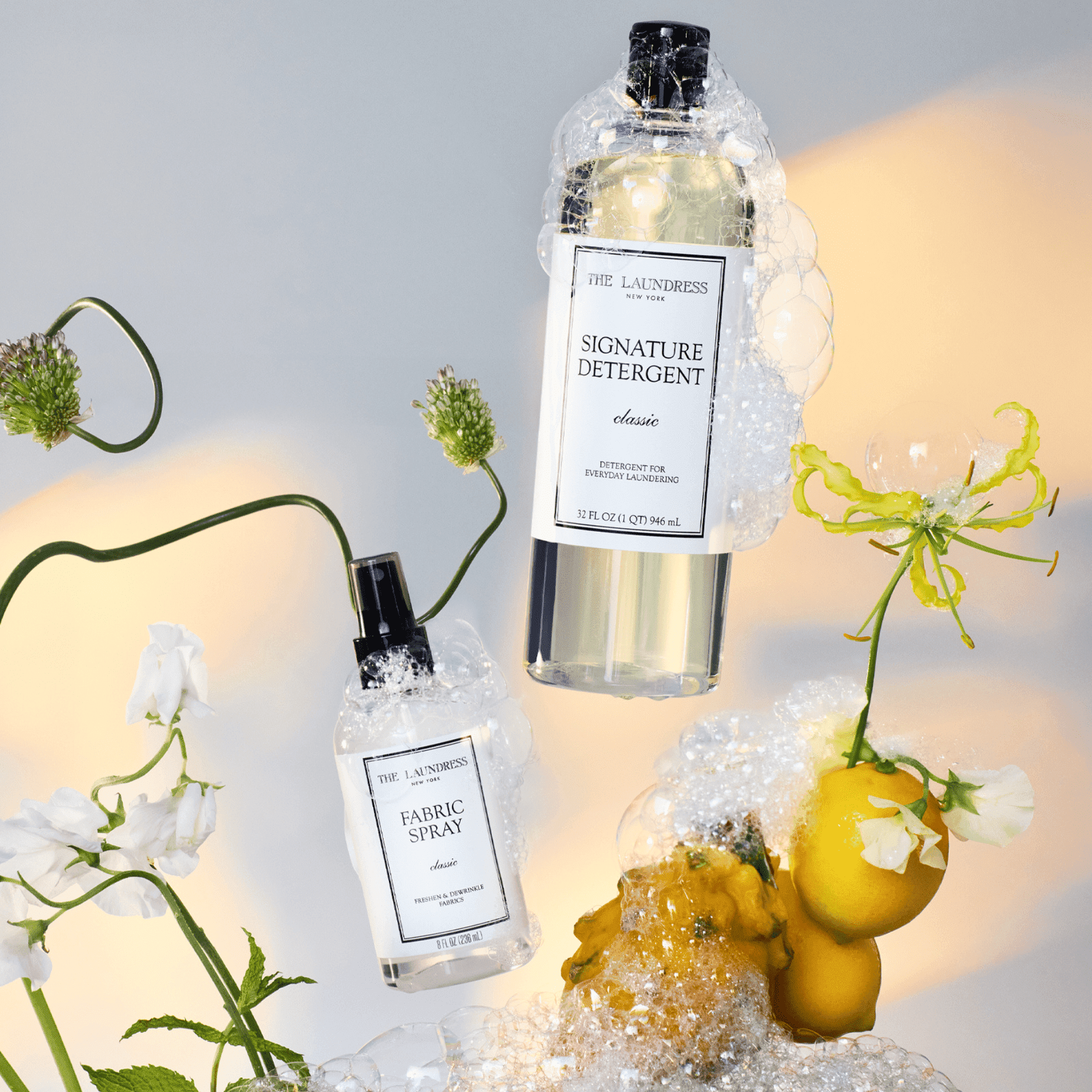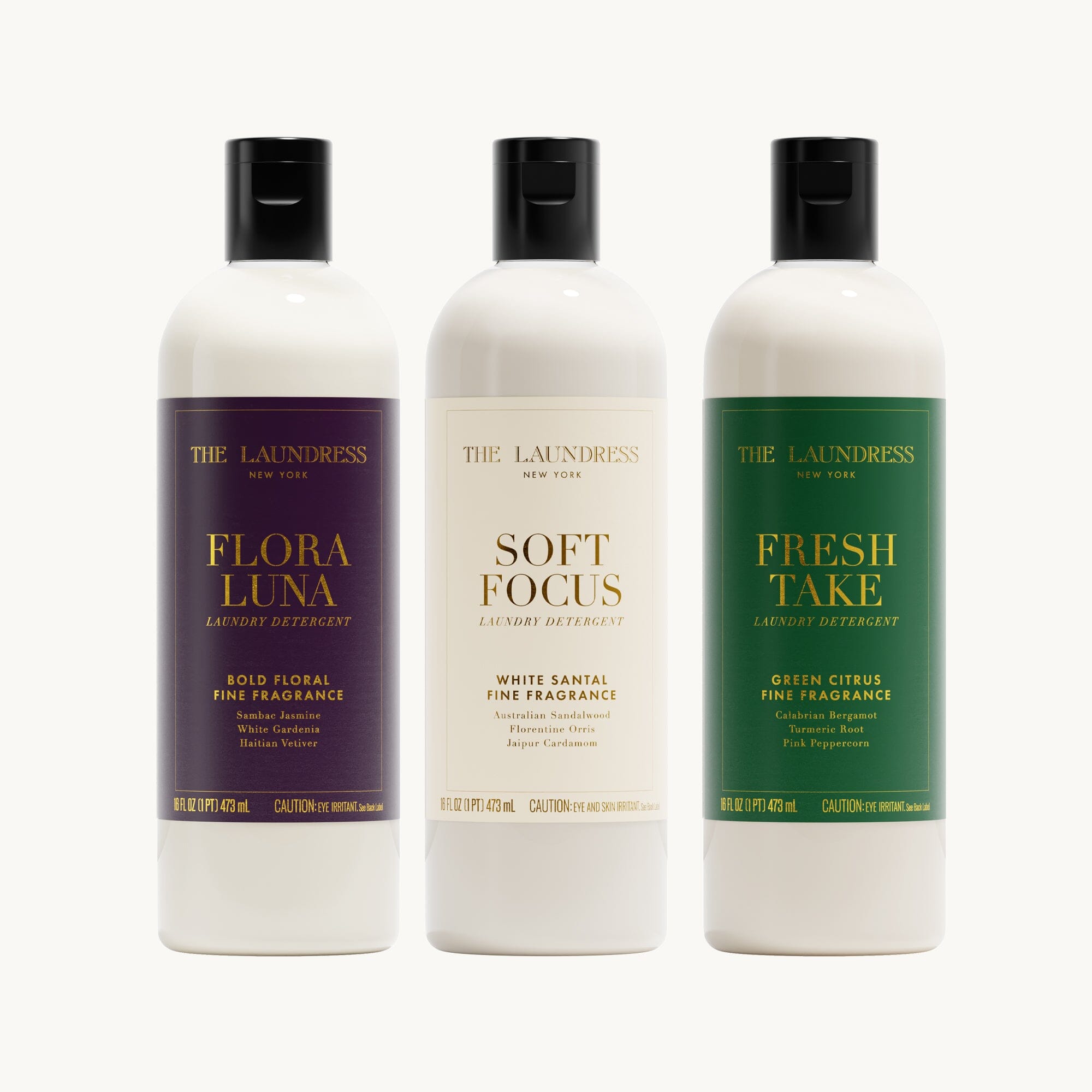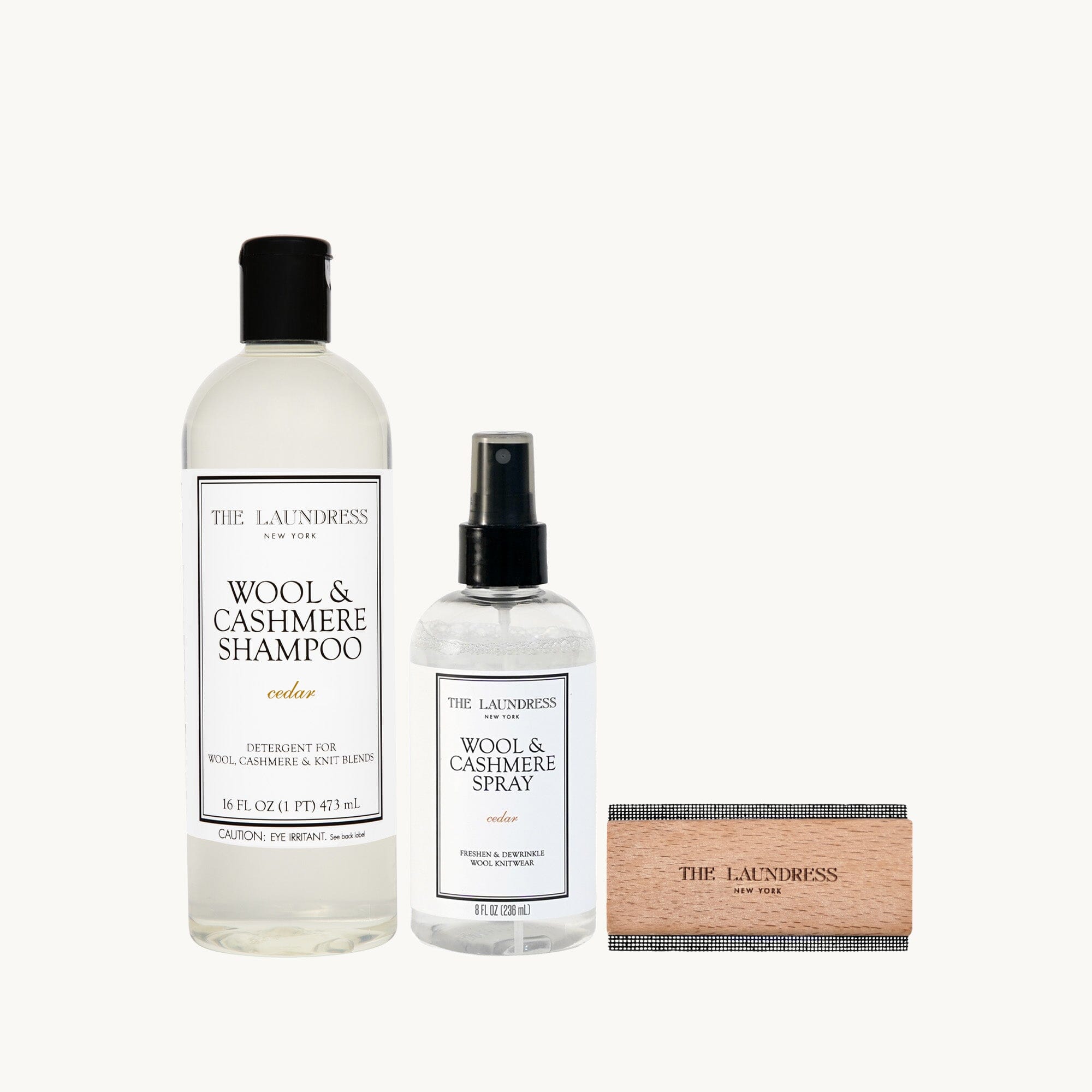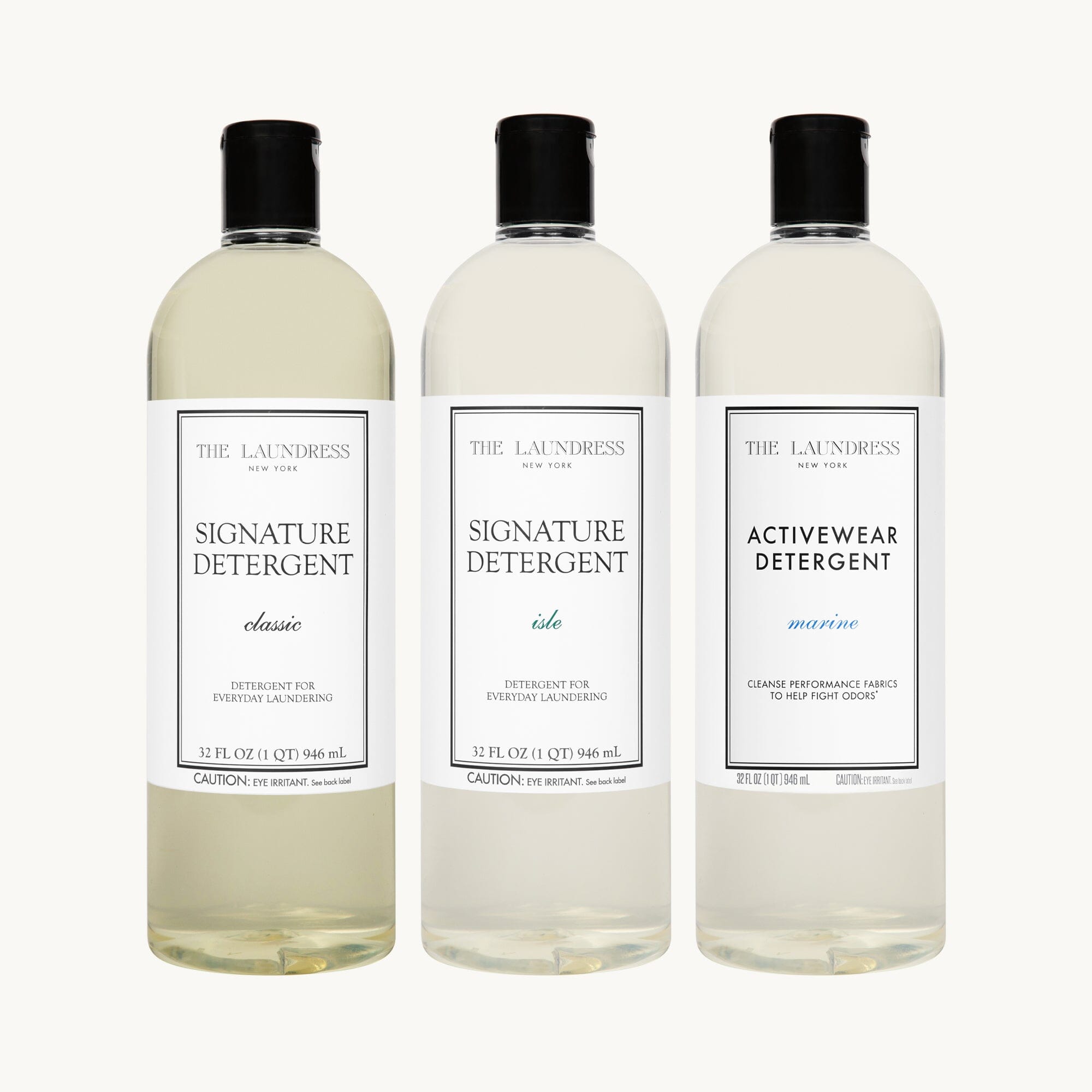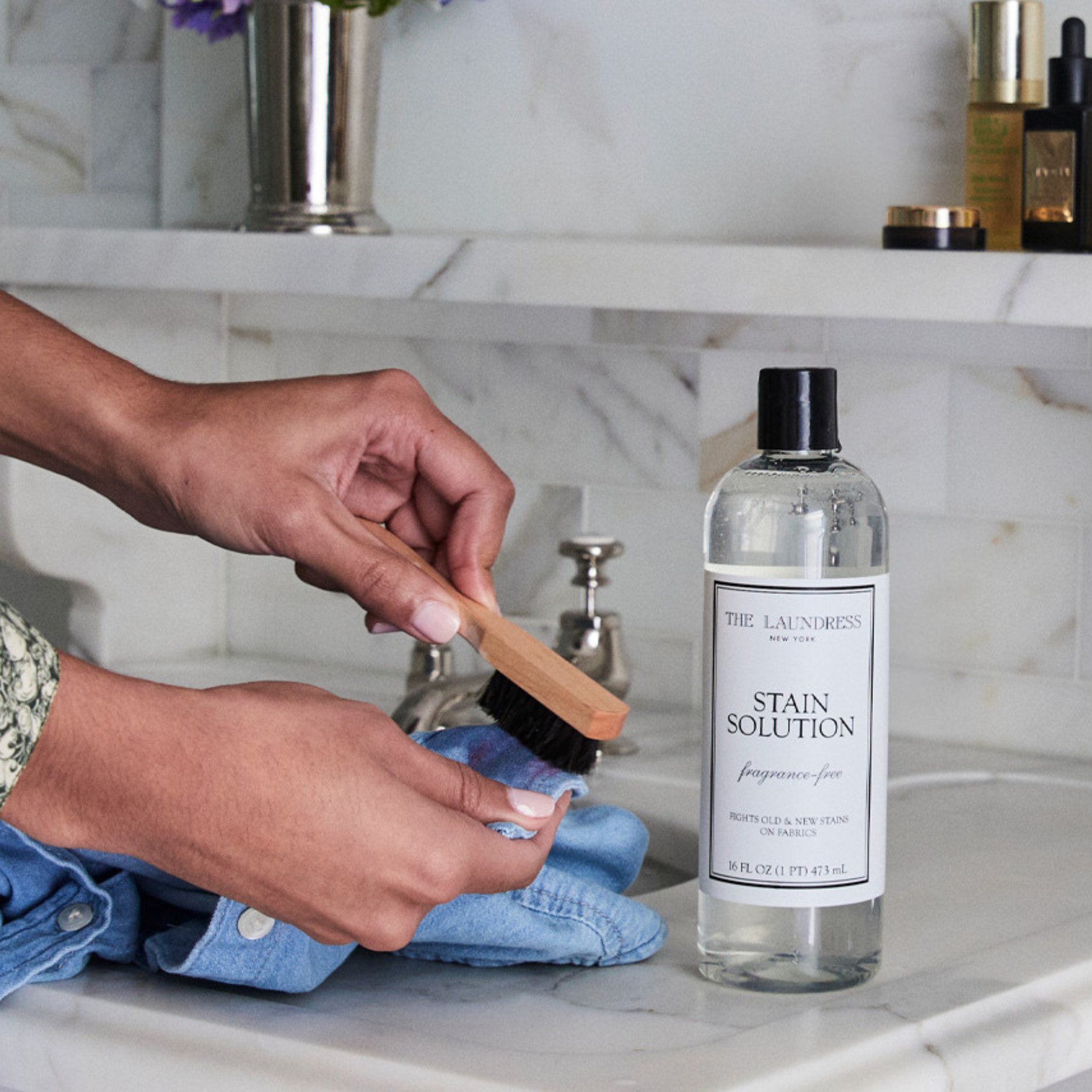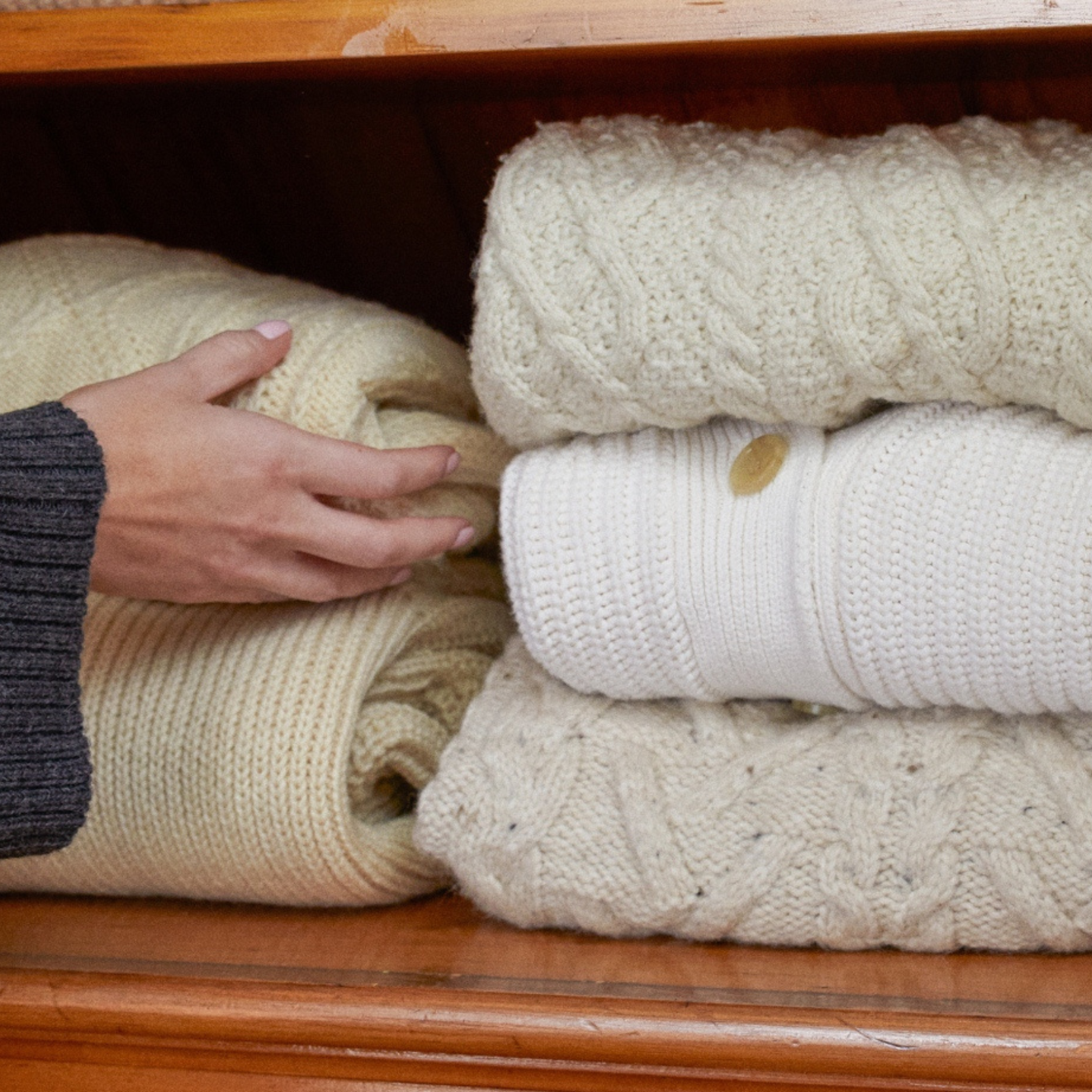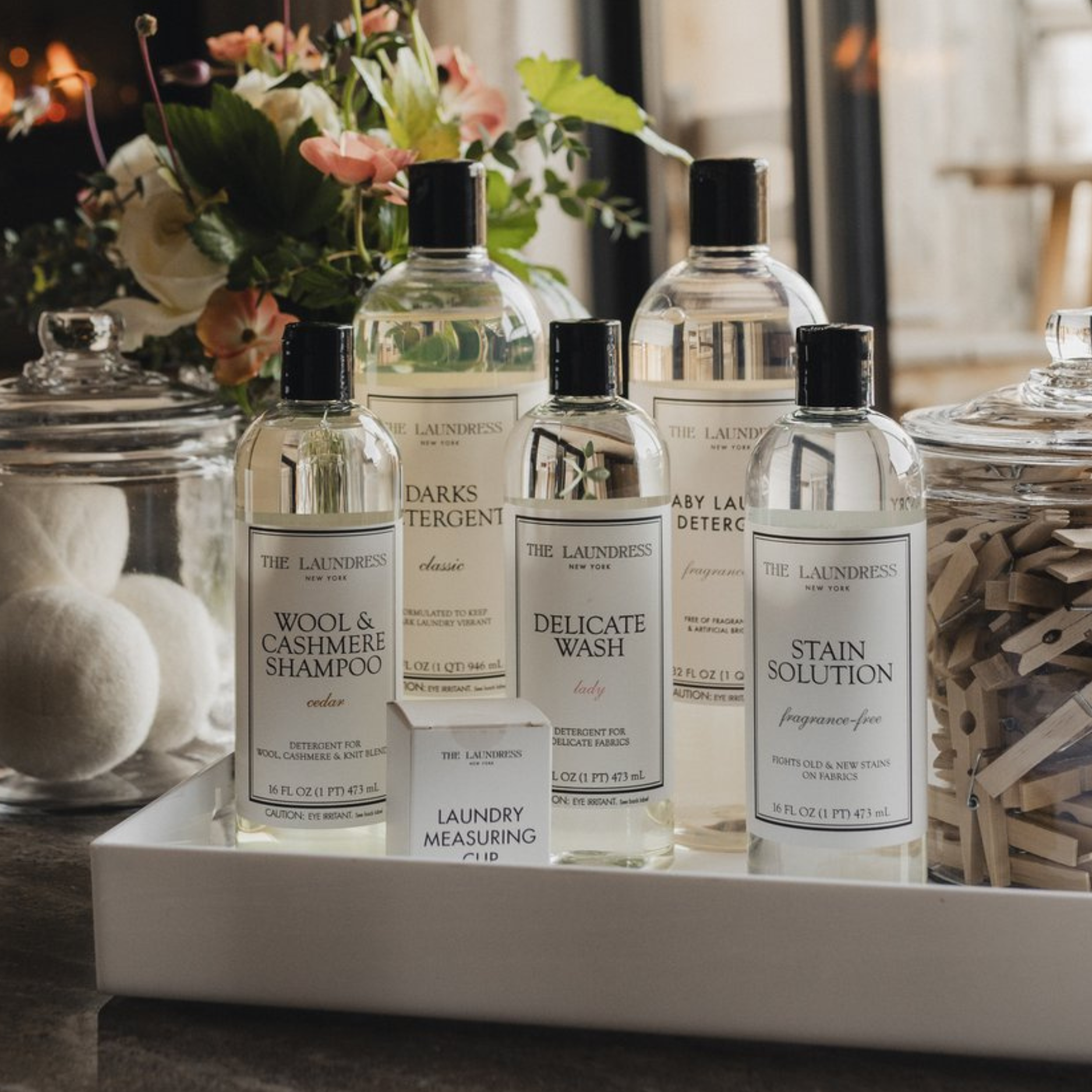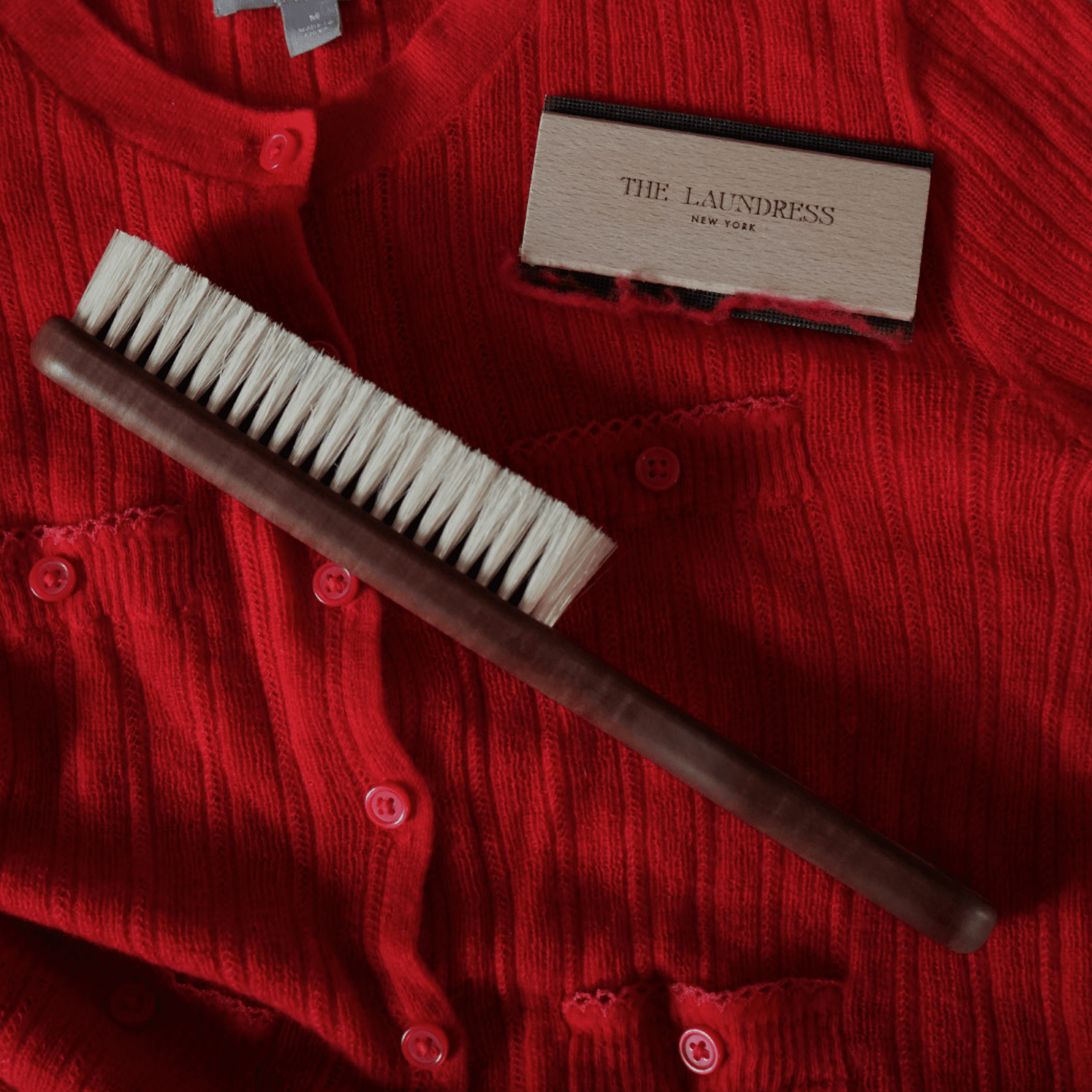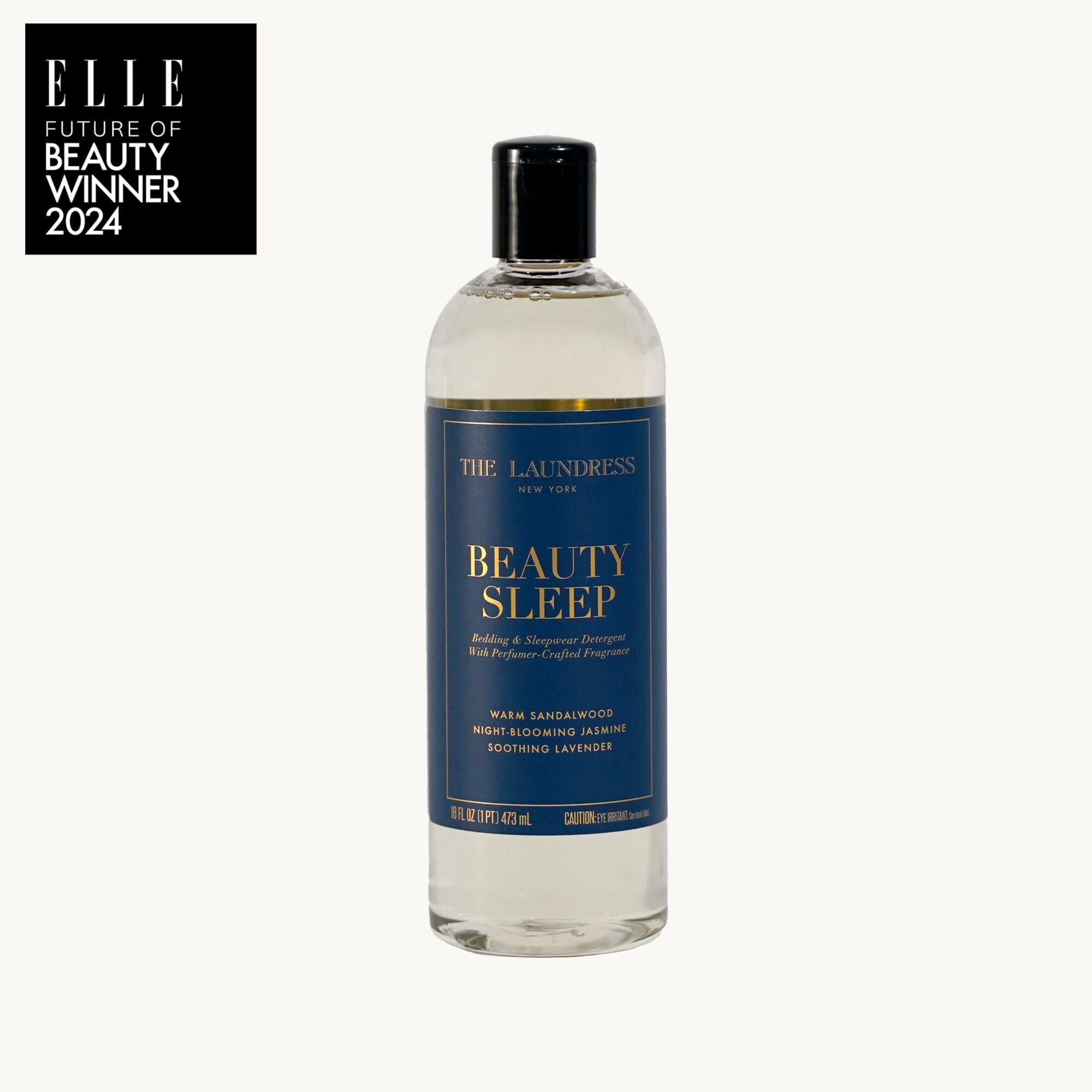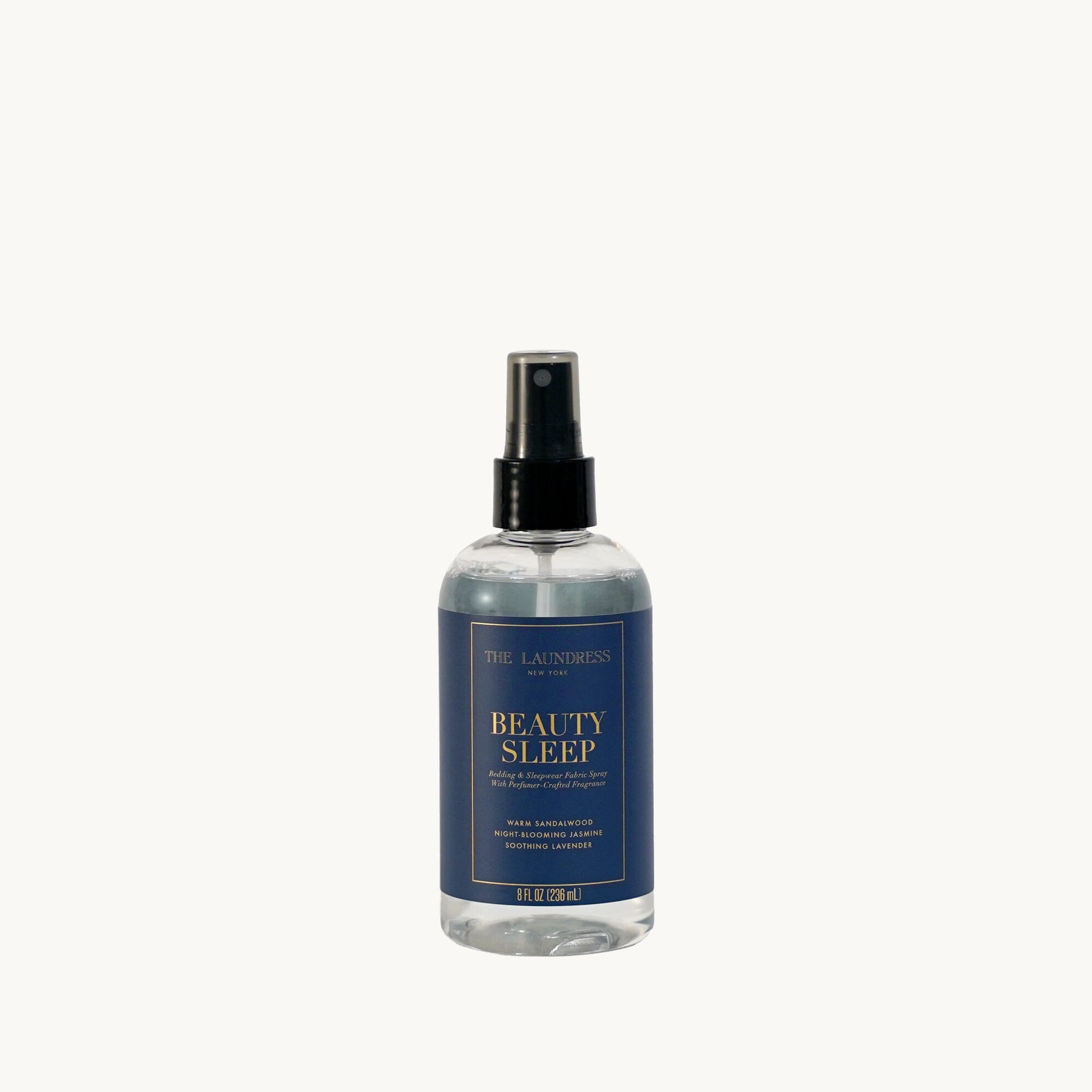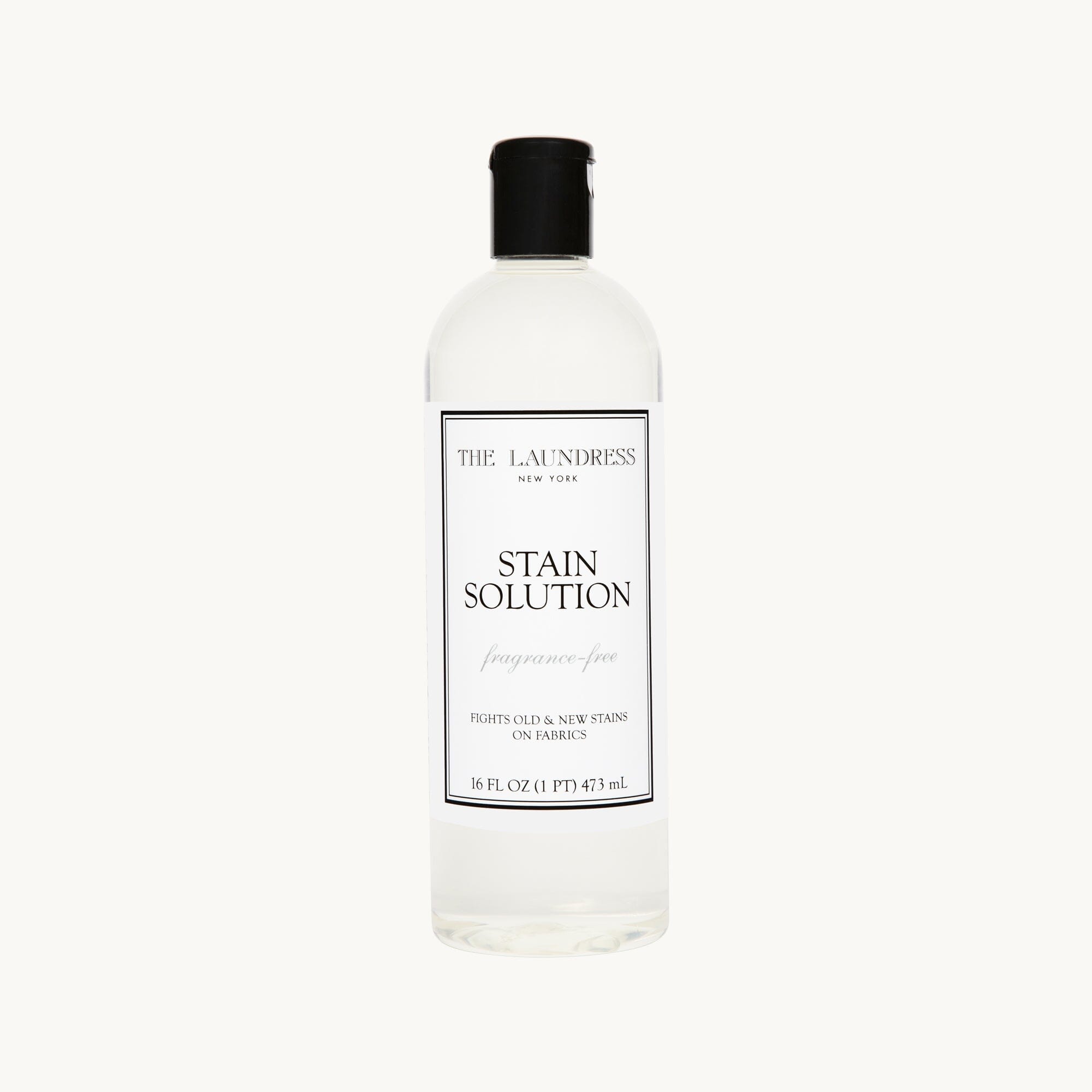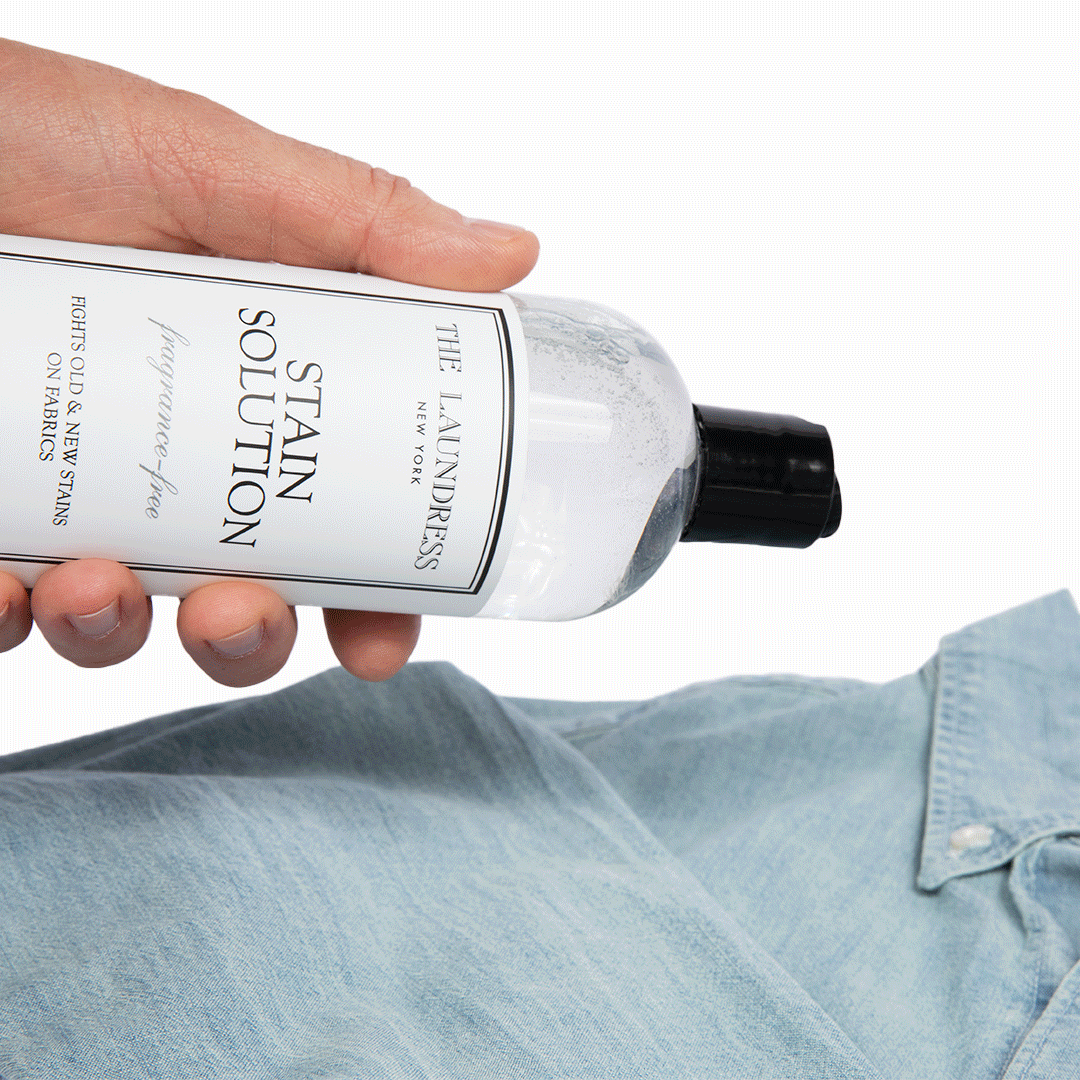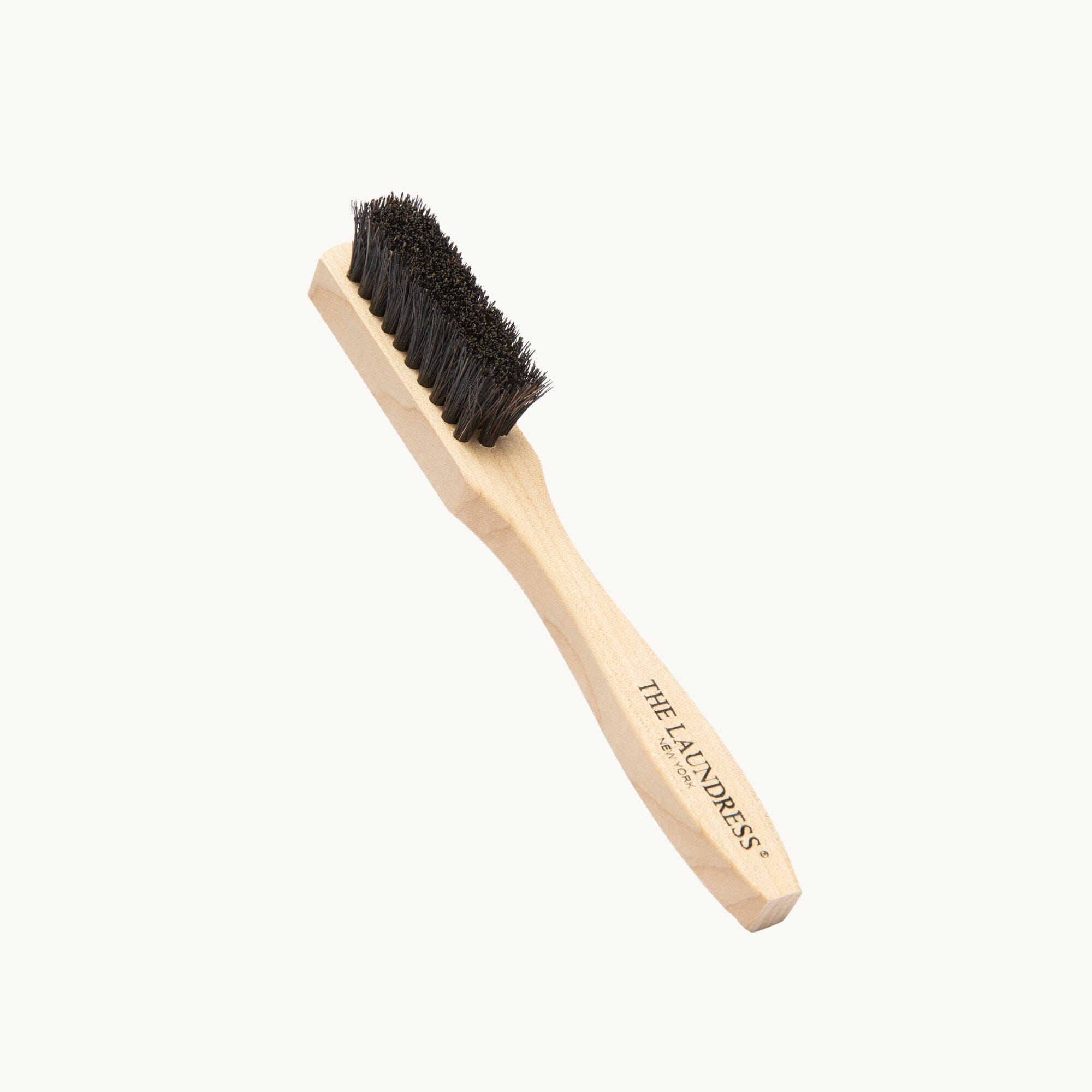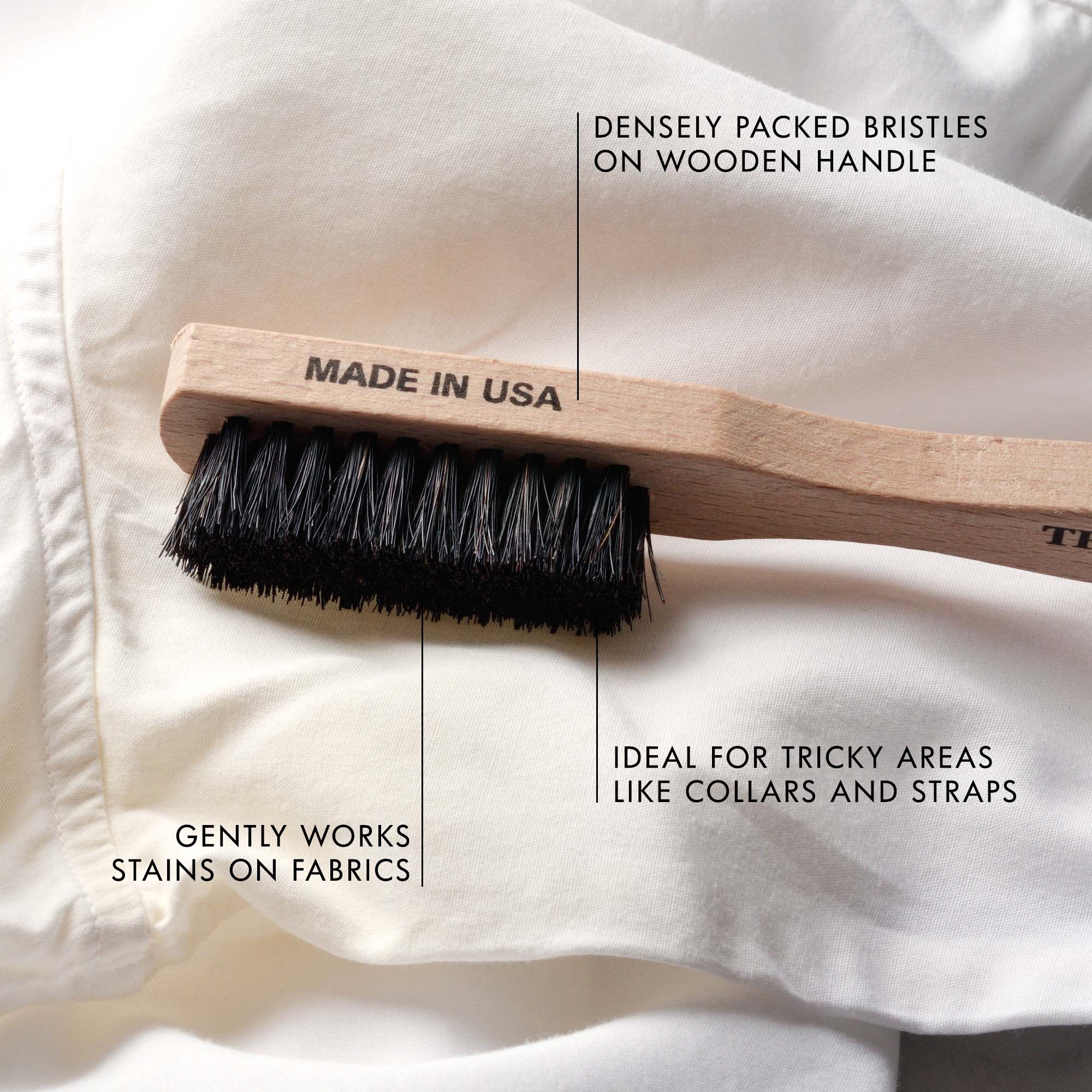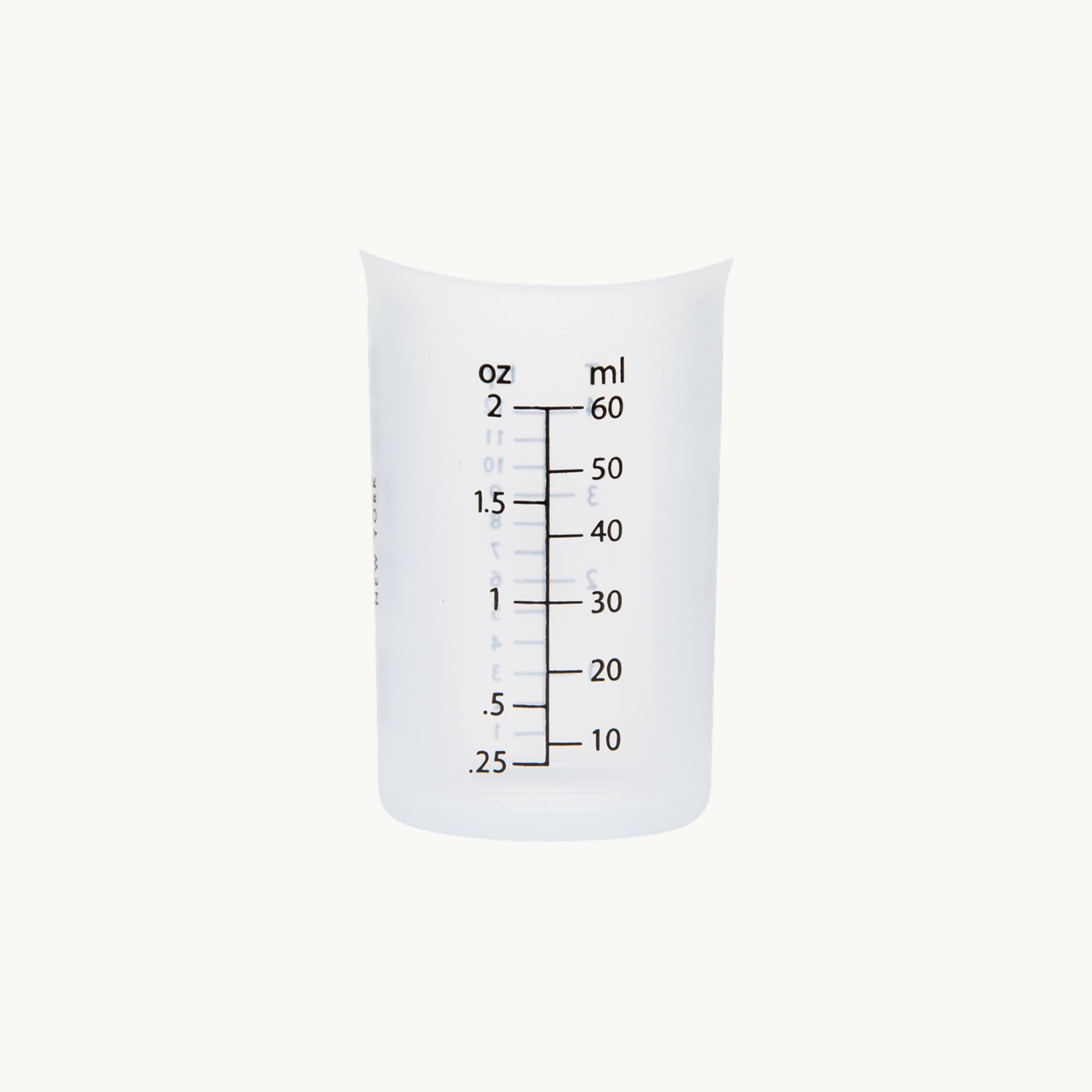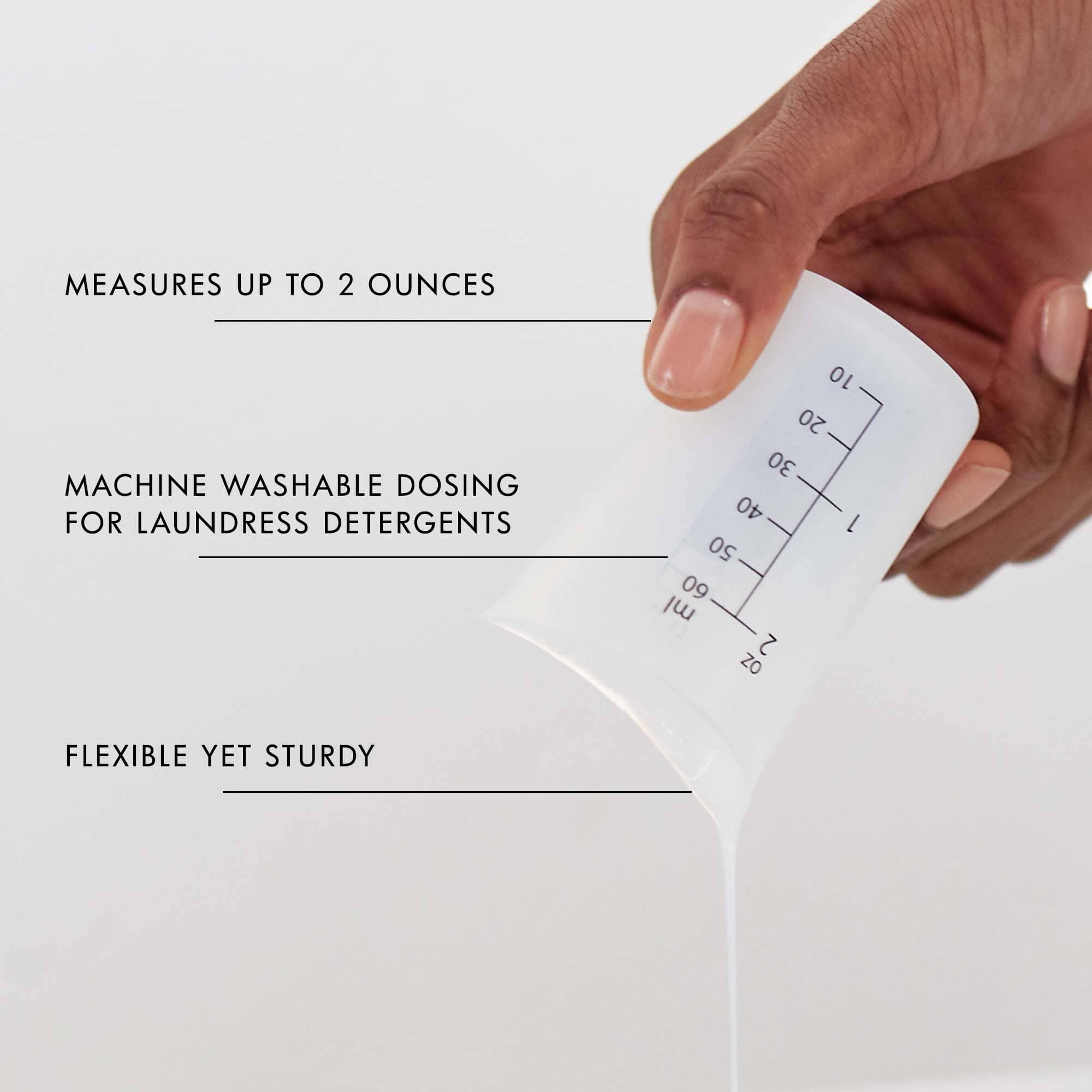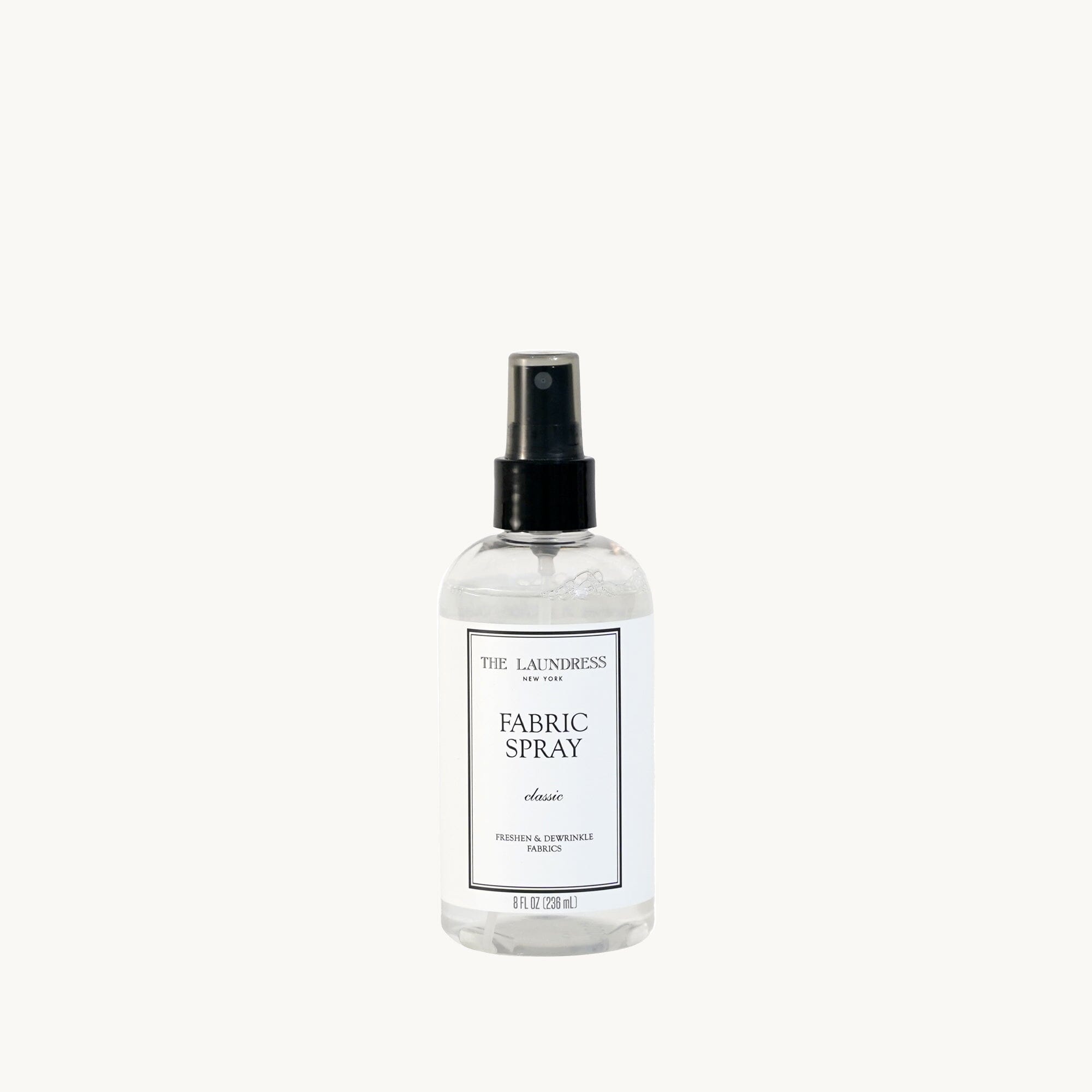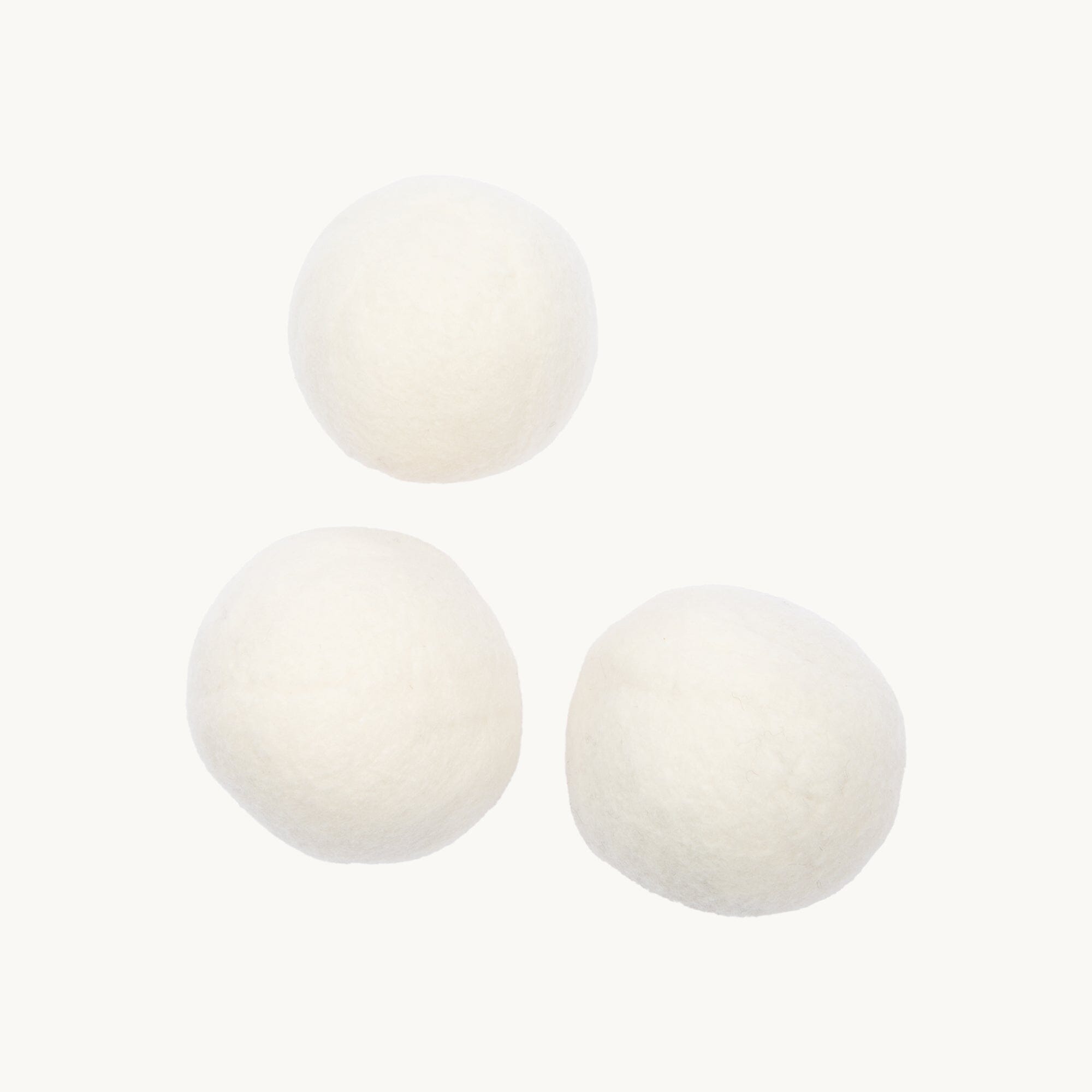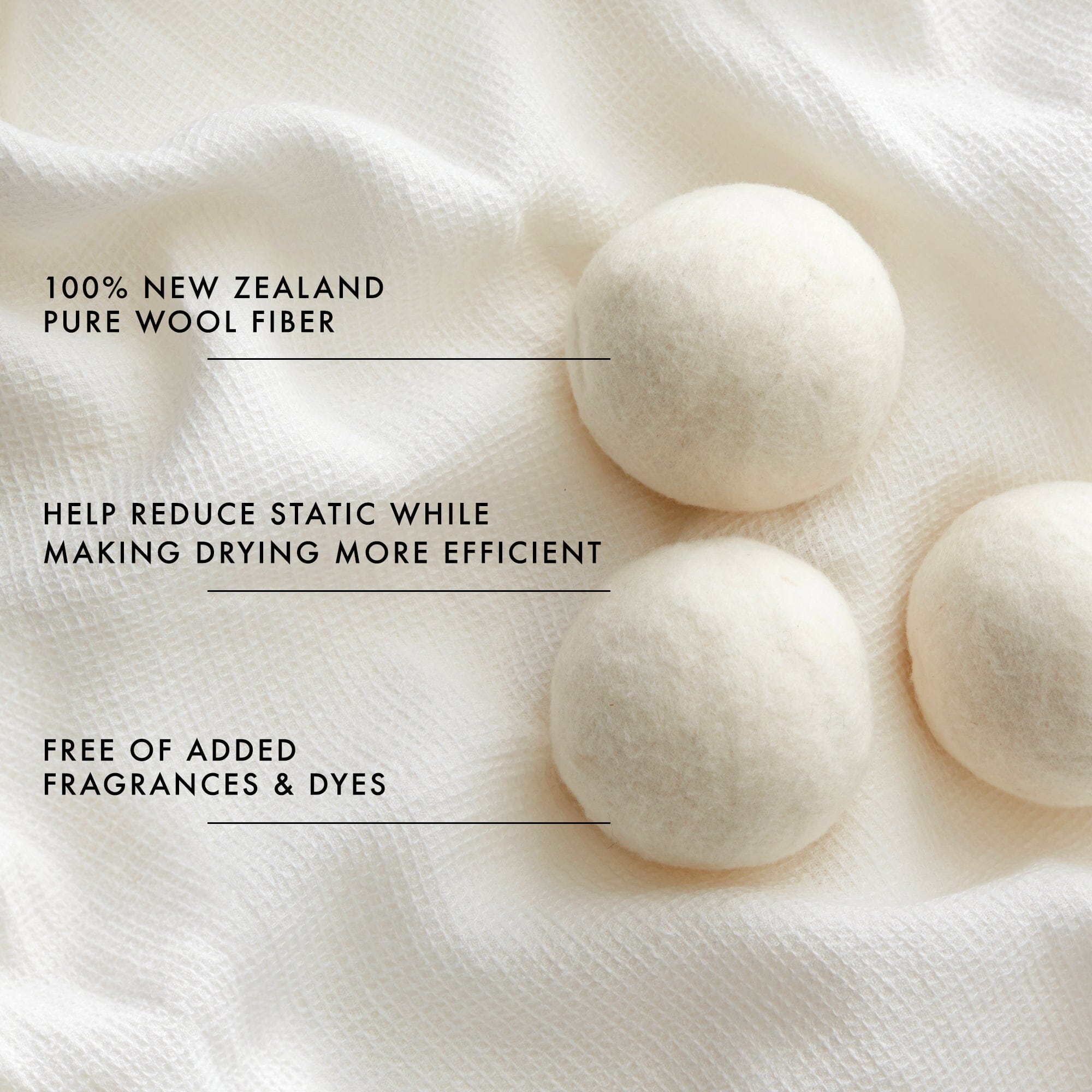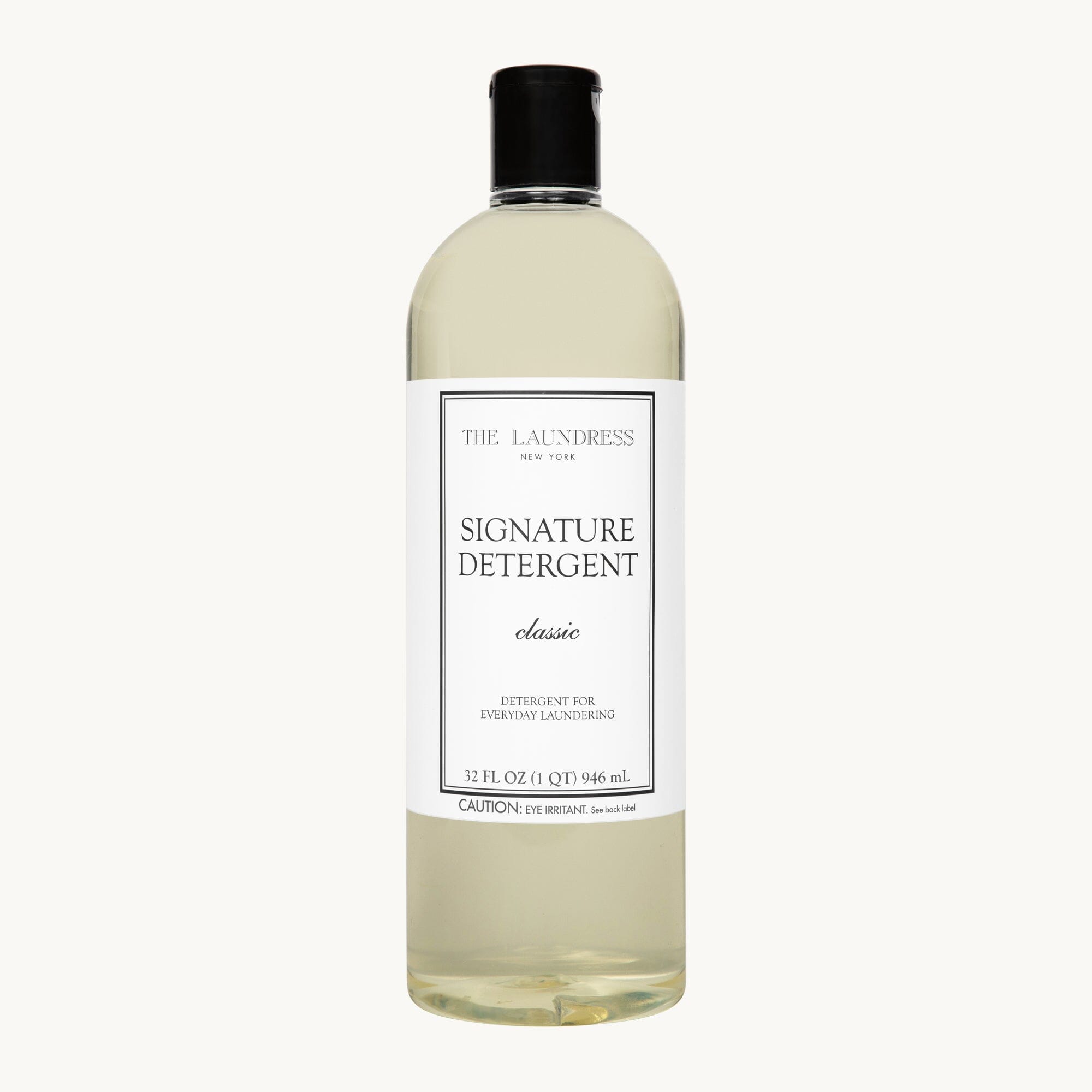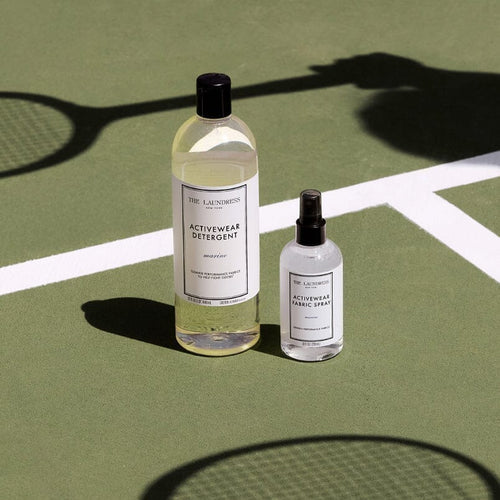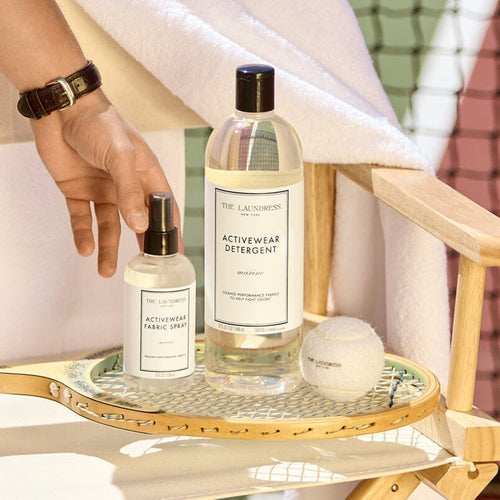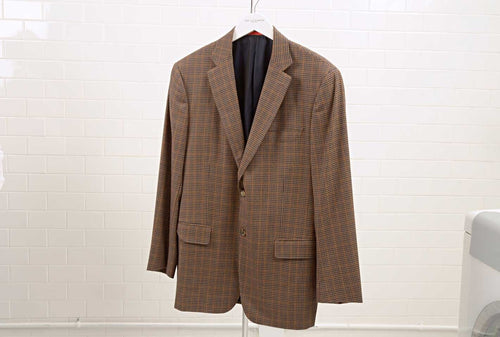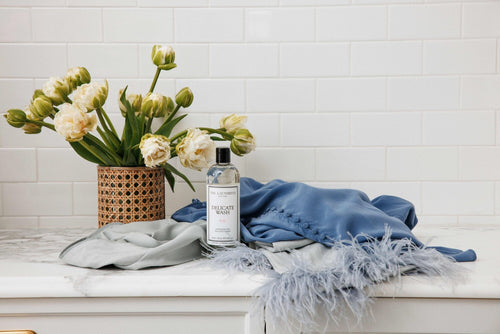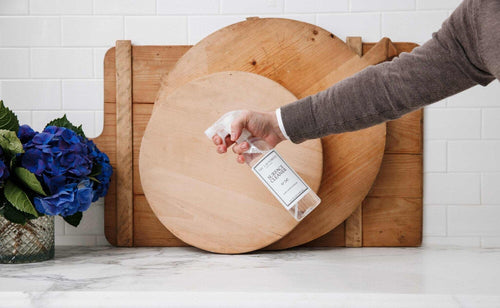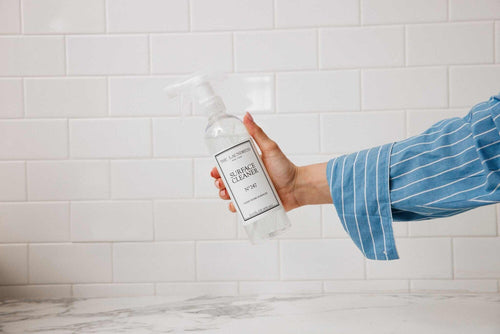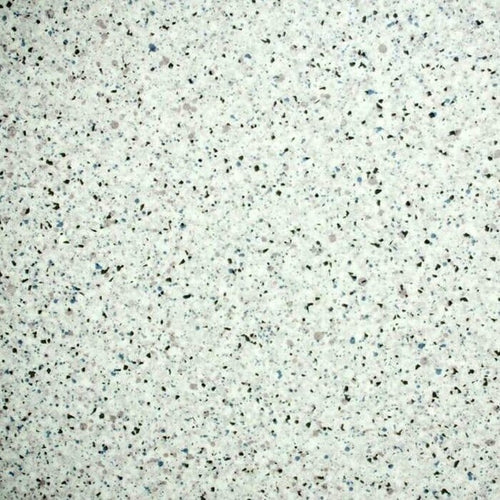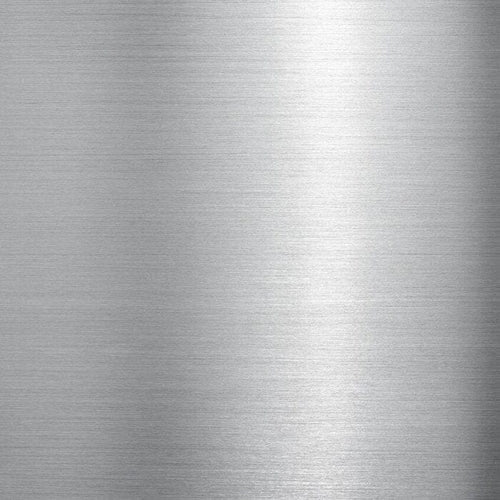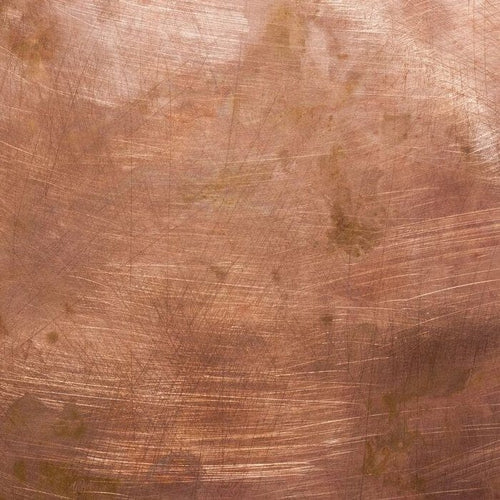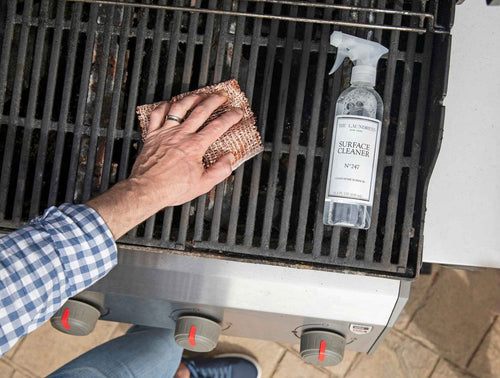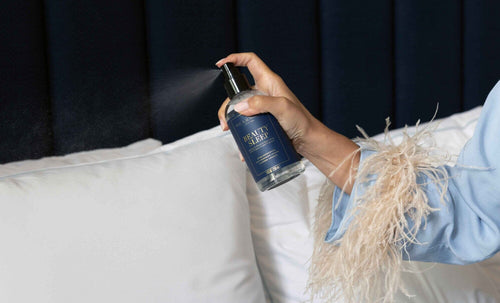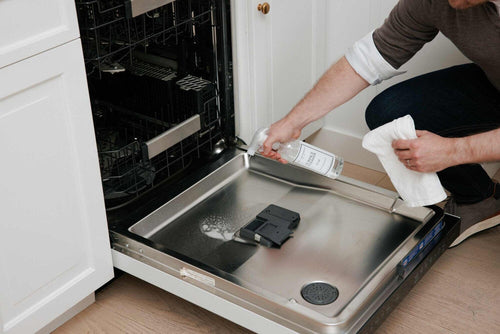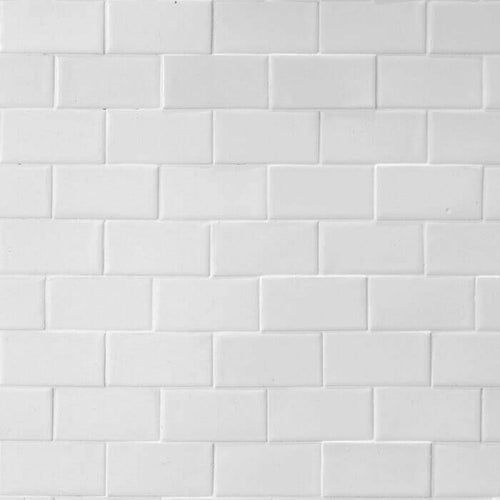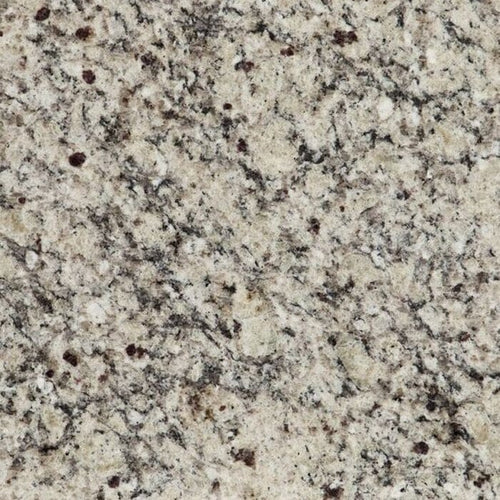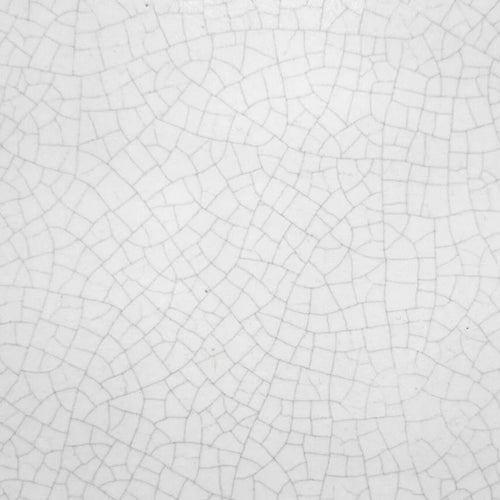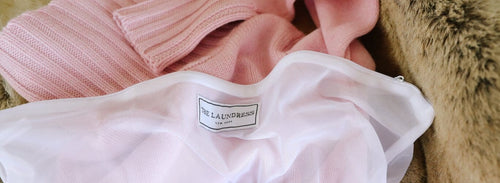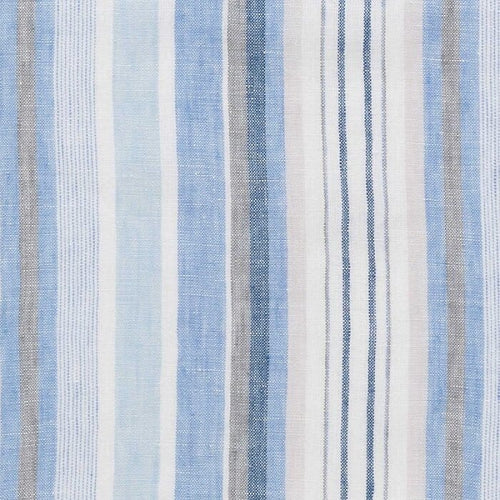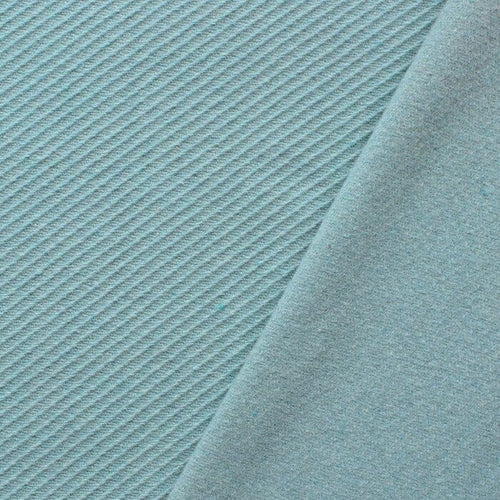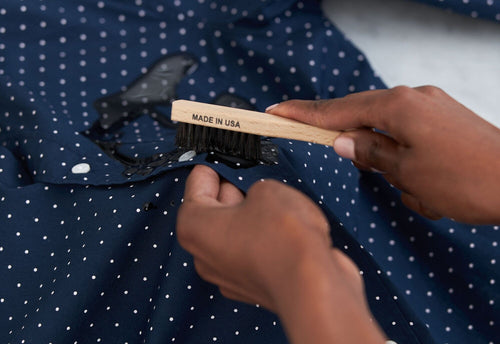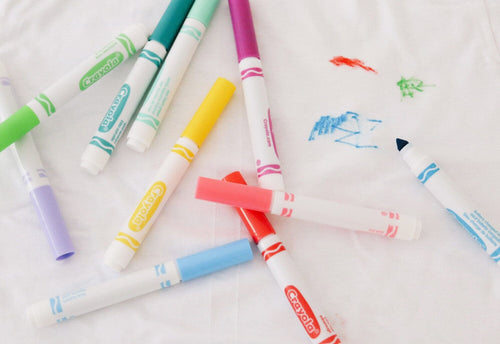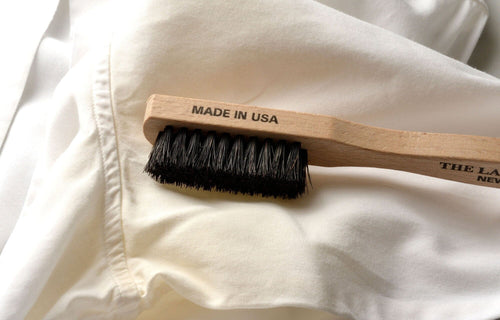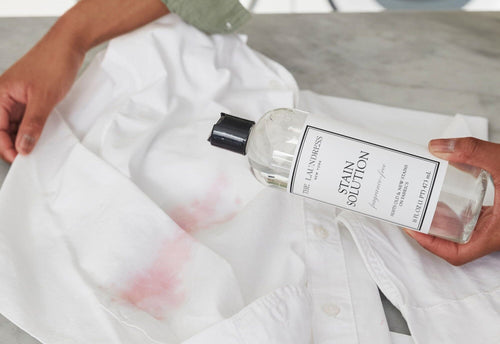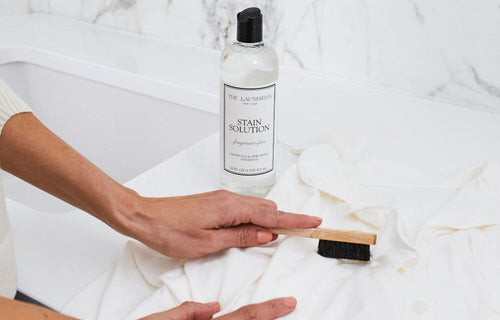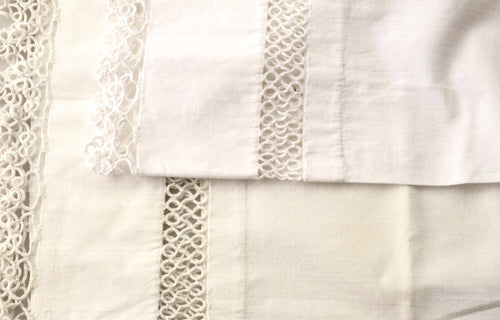They don't call them delicates for nothin’! Delicate fabrics require a gentle approach to cleaning, but ironically, chemicals from the dry cleaner may actually be super tough on them. Mind. Blown. Here, five dry-clean fabrics you can be laundering at home. (You can thank us for all the money and time you save on dry cleaning later.) What You'll Need To Dry Clean At Home:
Start Here
Before washing any of these fabrics, always test an inconspicuous area of your garment for water reactions before washing. Keep in mind some items should not be washed due to garment construction, like items with shoulder pads, heavy structuring or boning, or items with fur trim. Never wash items tagged "do not wash" or "dry clean only".
Silk or Dry Clean Garments
Step 1: Test For Color Bleeding This kind of fabric can be prone to bleeding when dyed, so it’s smart to test it first. Grab a small section of hem from the underside of the garment and dip it in warm water. If you see dye seep into the water, wash it individually (if it’s a solid color) to avoid staining other items. If it’s patterned, avoid washing at home. Step 2: Hand Wash Turn your garment inside out. Fill a basin or sink with cool water and add Delicate Wash. Submerge the item and gently swirl the water around with your hands until the detergent is fully dissolved. Soak for no longer than 30 minutes. Step 3: Rinse Run cool water over the garment until it rinses clean. Don't wring the garment! Instead, press excess water out with your hands or against the sink. Step 4: Dry and Dewrinkle Hang to dry or lay the item flat in its natural shape. Once dry to the touch, steam to release wrinkles. Mist with Delicate Spray in between washes to add fragrance and help release creases.
Cashmere & Merino Sweaters
Step 1: Prep For Washing Flip the item inside out to halt friction and fading while washing. Step 2: Hand Wash Add Wool & Cashmere Shampoo to a basin or sink of cool water. Submerge the garment, agitate with your hands, then let it soak for 30 minutes. If you’d rather use the machine, place your item in a protective Mesh Bag and be sure to use a delicate cycle with cool water and low spin. Step 3: Rinse Run cool water over the item until it’s no longer soapy. Gently press against your sink to drain excess water—don’t wring or twist. Step 4: Dry Lay the garment flat on a drying rack or clean towel. To avoid damage and shrinkage, keep away from direct sunlight and sources of heat such as a radiator. In a rush? Lay your item flat on a towel then roll both upwards, as if you’re rolling a burrito. This will quickly sop up excess water. Step 5: Remove Wrinkles Ironing can crush or flatten the natural pile of the yarns. Instead, steam to remove creases.
Dress Shirts
Step 1: Know What Not To Wash Some dress shirts tagged "do not wash" should be taken to the professionals. Always test for color bleeding before laundering at home. Step 2: Hand or Machine Wash Remove and store collar stays to put back in after pressing. Pre-treat underarms and collar and cuffs each time you wash even if you don't see a stain. Use Stain Solution to remove ring around the collar, stubborn stains, grime and grease commonly found on cuff & shirts. Use Signature Detergent with delicate or normal cycle and cold water. We recommend using Mesh Bags in the machine to protect fabric and buttons. Step 3: Dry You can air dry by laying the garment on a flat surface or drying rack, you can hang to dry, or you can put it in the dryer on the low heat and “fluff” setting. If you're planning to iron, we recommend doing so while the garment is just slightly damp. Step 4: Dewrinkle Most dress shirts can be ironed on low, or steamed for a more natural finish. Finish by misting with your favorite Fabric Spray to dewrinkle and boost our perfumer-crafted scent!
Fine Table Linens
Step 1: Know What Not To Wash If your fine table linens are vintage, proceed with caution. Always test for color bleeding on items with any embroidery, natural dyes or heavily dyed patterns. Some items are better left to the professionals! Step 2: Machine Wash Always spot-test delicate linen items before cleaning. Wash your linen with Signature Detergent or Delicate Wash on the normal cycle with cold water. Step 3: Dry Linen is typically sturdy enough to go in the dryer on low heat. That being said, more delicate linen items are better off air-dried. Linen is prone to wrinkling, so to make ironing easier, remove from the dryer before the cycle is up so that the fabric is still a bit damp. Then iron or steam on the highest temperature setting to loosen up creasing and lay flat to dry completely.
Pillows & Comforters
Step 1: Know What Not To Wash Some items with natural fill are not designed to be washed. Check for a tag that says "dry clean only" or "do not wash" - if your item contains this, then send it to a professional. Step 2: Machine Wash Always spot-test fine duvets before cleaning. Wash your pillows and comforters with Wool & Cashmere Shampoo using a delicate setting with cold water. Select an extra spin if possible to help extract excess water. Step 3: Dry To re-fluff, shake pillows and comforters vigorously before placing in the dryer. Some items may require working clumps by hand to break them up before drying. The key to successfully washing pillows and comforters at home is "low and slow". Select a low-heat setting and a long cycle, and add Wool Dryer Balls to help fluff and cut down on static. Repeat the cycle if needed until items are fully dry.
Shop The Story
Fights Old & New Stains On Fabrics
Aid Stain Removal
Dosing For Fabric Care
Dewrinkle Fabrics & Clean Laundry Scent
Fluff & Reduce Static During Drying
Detergent For Everyday Laundering


